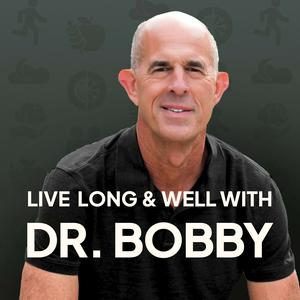Send a text
More of us are being seen by nurse practitioners (NPs) and physician associates/assistants (PAs); for routine care outcomes look similar to physician visits, but for complex, new, or worsening problems you should push to see the doctor and ask for clear oversight.
Key topics
Why this is happening: Longer waits and rising demand meet a physician shortfall, so systems lean on NPs/PAs to expand access. New-patient waits average ~31 days, varying widely by city and specialty (AMN
). Fewer people have a usual source of care, pushing visits to urgent care/ER (Milbank Scorecard
).
The scope shift: NP involvement in Medicare outpatient visits rose from 14% in 2013 to ~26% in 2019 (Harvard/Tradeoffs summary). Projections show rapid growth in NP and PA roles through 2030 (ValuePenguin analysis
).
Training differences (at a glance): NPs typically complete a master’s/DNP with ~500–700 supervised clinical hours and, in many states, can practice independently; PAs complete a master’s with ~2,000 supervised hours and practice with physician collaboration; physicians complete medical school plus 3–5+ years of residency (~10,000+ hours) and broad rotations—critical for complex differential diagnosis (AJMC overview
).
Quality of care, by the evidence: For common, protocol-driven issues, outcomes are generally similar. A Cochrane-summarized evidence base finds comparable results for blood pressure control, mortality, and patient satisfaction, with longer counseling time in NP visits (AJMC summary of RCTs
). Patients often feel PAs spend more time with them (JAAPA survey
). Diabetes care quality appears similar across clinicians (PubMed
); NPs tend to deliver more smoking-cessation counseling (AANP brief
).
Where this works well: Routine follow-ups (blood pressure, cholesterol, diabetes), protocol-based care, minor acute concerns (UTI, simple URI), post-op checks when all is going well—especially with clear physician involvement.
When to push for the doctor: New, unclear, or non-resolving problems (e.g., complex headaches, persistent back pain, ongoing fatigue or depression), multiple chronic conditions, many medications, or when a serious alternative diagnosis must be ruled out (e.g., “heartburn” vs. cardiac disease).
Advocate for transparency: Ask in advance who you’ll see, whether your case will be reviewed with a physician, and how escalation works if you’re not improving.
Takeaways
Access will keep driving NP/PA growth; use it to be seen sooner.
For routine care, NPs/PAs are often a solid choice with similar outcomes and more counseling time.
For complexity, insist on physician evaluation or documented oversight.
You have the power to ask questions, confirm the plan, and request escalation when needed.
Links mentioned in this episode
AMN wait-time trends →


